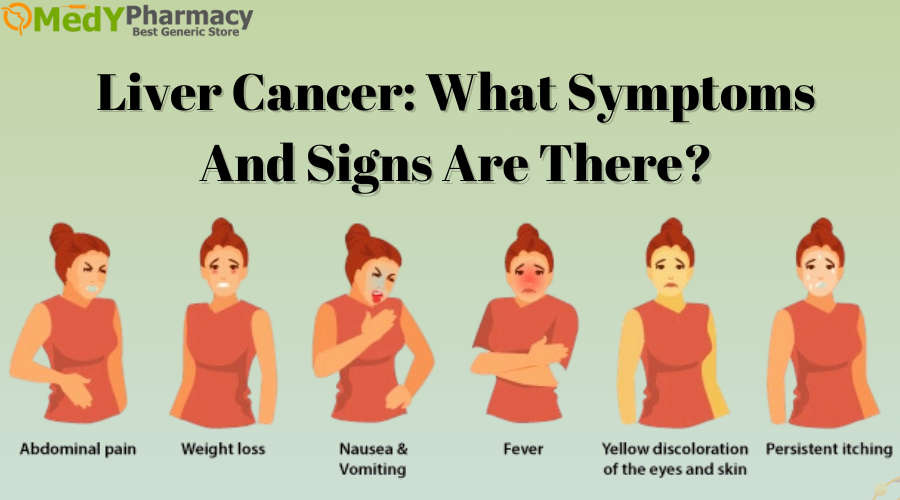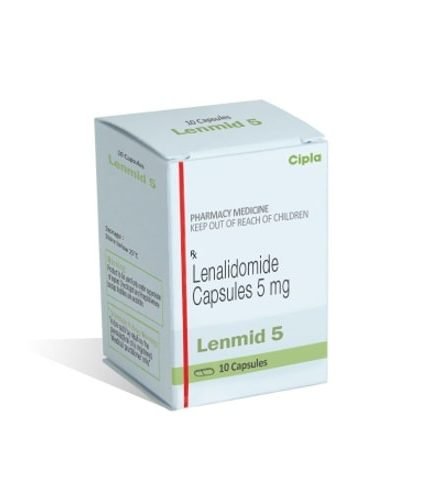Introduction:
Cancer that originates in your liver’s cells is known as liver cancer. Your liver is a football-sized organ located in the upper right side of your abdomen, beneath your diaphragm and above your stomach.
The liver can develop several types of cancer. Hepatocellular carcinoma is the most frequent type of liver cancer, and it develops in the primary type of liver cell (hepatocyte). Other kinds of liver cancer, like intrahepatic cholangiocarcinoma and hepatoblastoma, are far less common.
What is liver cancer?
One condition where threatening (cancer) cells develop in the tissues of the liver is called essential liver cancer. Cancer that develops elsewhere in the body and spreads to the liver is not primary liver cancer. The liver is among the body’s major organs. It has two lobes and occupies the top right side of the abdomen within the rib cage.
Liver cancer is a potentially fatal condition and one of the fastest-growing cancer kinds in the United States. It is classified as either primary or secondary. Primary cancer begins in your liver. Secondary cancer develops in your liver from another region of your body. This article presents an overview of primary liver cancer.
- To produce bile to aid digestion of fat derived from meals.
- To save glycogen (Blood sugar levels), which the body utilizes for energy.
- To filter dangerous elements from the blood so they can be passed by the body in stools and urine.
Types of liver cancer
There are various forms of primary liver cancer. Each one refers to a specific area of the liver or the kind of liver cell that is impacted. Primary liver cancer might begin as a single lump growing in your liver or in multiple locations throughout your liver at the same time.
- Hepatocellular carcinoma
Hepatocellular carcinoma (HCC), sometimes spelled hepatoma, is the most prevalent type of liver cancer. HCC accounts for around 85 to 90 percent of all primary liver malignancies. This disorder occurs in the hepatocytes, the primary cells that make up your liver.
- A hepatitis C infection
- Long-term, heavy alcohol consumption
- Non-alcoholic fatty liver disease.
- Cholangiocarcinoma
Cholangiocarcinoma, often known as bile duct cancer, begins in the tiny, tube-like bile ducts of the liver. These ducts transport bile to the gallbladder, aiding digestion.
Intrahepatic bile duct cancer develops in a part of the channels inside your liver. Extrahepatic bile duct carcinoma occurs when cancer develops in the ducts outside your liver.
- Liver angiosarcoma
An unusual kind of liver cancer called hepatic angiosarcoma begins in the liver’s blood vessels. Because this type of cancer spreads swiftly, it is usually discovered at a later stage.
- Hepatoblastoma
One incredibly uncommon kind of liver cancer is hepatoblastoma. It almost invariably appears in youngsters, particularly those under the age of three.
How Liver Cancer Issues Affect Sexual Function
Liver cancer issues and sexual function are inextricably related. According to one study, the severity of liver disease increases the risk of erectile dysfunction. Cirrhosis is a direct result of this process since it irreparably scars liver tissue.
According to one study, ED is more likely in persons with hepatitis C-induced liver cirrhosis than chronic hepatitis B infection. This is linked to scarring of the liver tissue.
According to one published study, increasing ED caused by severe chronic liver illness could be attributed to reduced testosterone levels.
Furthermore, patients with liver impairment retain more sex hormone-binding globulin (SHBG) and less albumin, resulting in lower levels of free testosterone. Physical and sexual concerns, including reduced sex drive and obesity, can result from low testosterone levels.
The medications you take to treat liver disease may also cause side effects that have an impact on male health. The reverse is also true.
Some erectile dysfunction drugs, such as Viagra, are not suggested since they can induce undesired side effects. Your treatment plan must be reviewed by your doctor.
Maintaining Your Liver Health
Taking proactive actions to care for your health is one of the best ways to prevent becoming one of the many liver transplant patients and stay free of sexual dysfunction and liver disorders. While your liver is regenerative, it cannot withstand long-term injury.
- Controlling Alcohol Consumption
Limiting your alcohol use can help minimize liver damage, preventing cirrhosis and its complications. Not only that, but it improves your lifestyle and keeps you alert throughout the day.
- Prevention of Hepatitis A, B, and C
Getting vaccinated against hepatitis can help your body fight viruses that could have negative repercussions. Vaccines for viral infections such as hepatitis A and B are now required from birth, but if you have not yet been inoculated, you should do so straight once.
Furthermore, practicing safe sex and maintaining excellent cleanliness are important ways to avoid developing this disease.
- Reviewing your medication
Certain drugs and pharmaceuticals, as well as alcohol, can cause liver damage.
One of the primary reasons that medication studies are halted is their effect on the liver. Speak with your doctor to see whether your current meds are effective.
How does liver cancer influence my health?
Your liver is the body’s largest organ, and it aids in digestion. Being essential to life, it is also one of the most important organs. Your liver performs several vital functions, some of which are as follows:
- It collects and filters blood that flows from your intestines.
- It processes and stores nutrients that your intestines ingest.
- Some nutrients are converted into energy or chemicals required by your body for tissue formation.
- One fluid that helps break down fat is called bile.
- Other components from meals, such as sugar, are digested and stored for energy production.
- Produces chemicals that aid in blood clot formation.
Liver cancer symptoms
- Abdominal discomfort, pain, and soreness, particularly in your upper abdomen.
- Jaundice is characterized by yellow skin and eyes, as well as pale, chalky stools and black urine.
- Nausea
- Vomiting
- Loss of appetite.
- You feel suddenly full after eating
- Bruising or bleeding easily
- Weakness
- Fatigue
- Fever
- Unexpected weight loss
What are the reasons and risk factors for developing liver cancer?
Doctors don’t know why some people develop liver cancer while others don’t. However, certain factors have been identified as increasing the risk of getting liver cancer:
- Age: Older persons are more likely to develop liver cancer.
- Racism and ethnicity: American Indian and Alaska Native persons in the United States are more likely to get liver cancer.
- Excessive alcohol consumption: The risk of liver cancer increases with prolonged heavy drinking.
- Smoking: Cigarette smoking raises your risk of developing liver cancer.
- Aflatoxin exposure: The mold that grows on corn, grains, and peanuts can produce aflatoxin, which is poisonous.
- The usage of anabolic steroids: Long-term usage of anabolic steroids, which are a type of synthetic testosterone, raises your risk of liver cancer.
Liver cancer screening
If you have a higher chance of developing liver cancer due to a certain health condition, your doctor may advise you to have regular screenings.
In its early stages, liver cancer rarely produces obvious symptoms. Screening is the process of detecting cancer before it causes symptoms. It can aid in the early detection of cancer.
People with liver cancer have a greater chance of survival if the disease is detected early. When cancer is found early on, treatment is often easier.
How is liver cancer managed?
There are numerous treatments for liver cancer. When recommending a treatment plan, your doctor will consider numerous variables.
- The quantity, dimensions, and positioning of liver tumors
- How effectively your liver is functioning
- Whether cirrhosis is present
- Whether the cancer spreads to other organs
Maintain a healthy lifestyle
Increased physical exercise may lessen your risk of developing liver cancer. Your general health can be improved with regular exercise. It is also an important aspect of staying in a healthy weight range.
Eating a well-balanced diet can help avoid cancer. Make sure to incorporate lean protein, healthy grains, and vegetables into your meals.
If you are concerned about being overweight or obese, consult with a doctor or nutritionist about developing a healthy weight loss strategy.
The prognosis for liver cancer
A disease’s prognosis refers to its projected result. A person’s prognosis is determined by the type and stage of cancer, as well as their age and general health at the time of diagnosis.
However, your doctor may offer you a prognosis, or the anticipated fate of the disease, based on the type of liver cancer you have, test results, tumor growth rate, age, fitness, and medical history.
When liver cancer is detected early, the prognosis is improved.
Last Words:
Speaking up about your sexual struggles might be challenging. If you want medical assistance, there are health centers with a diverse selection of experts who can individually assess and analyze your illness. Liver cancer symptoms are more likely to occur as the cancer grows or progresses. Working with skilled medical specialists, such as those at Medypharmacy, for proper clinical evaluation results in improved outcomes for men suffering from ED & PE, and other sexual issues.























